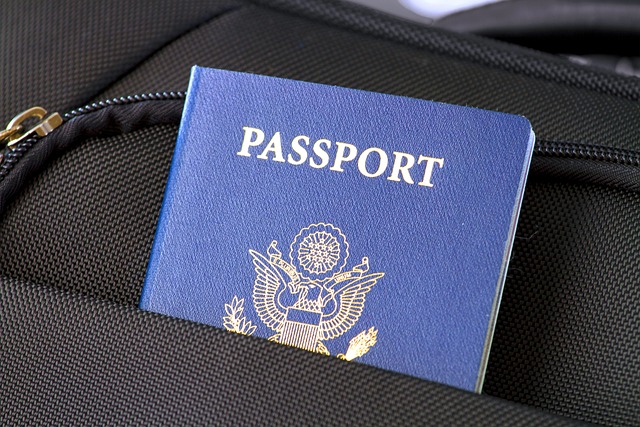Tel Aviv is a vibrant and cosmopolitan city located on the Mediterranean coast of Israel. It is known for its sandy beaches, lively nightlife, and rich cultural scene, and it is a popular destination for tourists from around the world. Here is everything you need to know about tourist life in Tel Aviv.
- Accommodation.
Tel Aviv has a wide range of accommodation options to suit every budget and preference. You can choose from luxury hotels, bed and breakfasts, apartments, and hostels. Many accommodation options are located in the city center or near the beach, making it easy to access the city’s top attractions.
- Transportation.
Tel Aviv has an extensive public transportation system, including buses, trains, and shared bicycles. The city also has a comprehensive network of roads and highways, making it easy to get around by car. If you prefer to explore the city on foot, Tel Aviv has a network of pedestrian-friendly streets and walkways.
- Food and drink.
Tel Aviv has a diverse and vibrant food scene, with a wide range of cuisines on offer. Israeli cuisine is a blend of Eastern and Western influences, and it features a variety of dishes such as falafel, hummus, and shakshuka. The city also has a thriving cafe culture, and it is common to see locals and tourists alike enjoying a cup of coffee or a meal at one of the city’s many outdoor cafes.
- Attractions and activities.
Tel Aviv has no shortage of things to do and see. The city’s sandy beaches are a popular attraction, and it is common to see locals and tourists alike enjoying the sun and sea. The city also has a rich cultural scene, with a variety of museums, galleries, and theaters to explore.
Other popular attractions in Tel Aviv include the Old City of Jaffa, the Tel Aviv Museum of Art, and the Carmel Market. The city is also home to a number of festivals and events throughout the year, including the Tel Aviv Pride Parade, the Tel Aviv Food Festival, and the Tel Aviv International Children’s Festival.
- Nightlife.
Tel Aviv is known for its lively nightlife, and it has a wide range of bars, clubs, and live music venues to choose from. Whether you prefer a quiet drink at a cozy bar or a night of dancing at a nightclub, Tel Aviv has something for everyone. The city’s beachfront promenade is also a popular spot for evening strolls and sunset watching.
- Safety and security.
Tel Aviv is generally a safe and welcoming city for tourists. However, like any major city, it is always a good idea to be aware of your surroundings and take basic safety precautions. It is recommended to avoid walking alone at night in poorly lit areas, and to keep valuables safe and secure.
- Climate.
Tel Aviv has a Mediterranean climate, with hot and dry summers and mild winters. The city experiences very little rainfall, with the exception of the occasional thunderstorm in the summer months. If you are visiting Tel Aviv in the summer, be sure to bring sunscreen and a hat to protect yourself from the sun.
In conclusion, Tel Aviv is a vibrant and cosmopolitan city that is a popular destination for tourists from around the world. With its sandy beaches, rich cultural scene, and lively nightlife, there is no shortage of things to do and see in Tel Aviv. Whether you are staying in a luxury hotel or a budget hostel, there is something for everyone in this amazing city.











